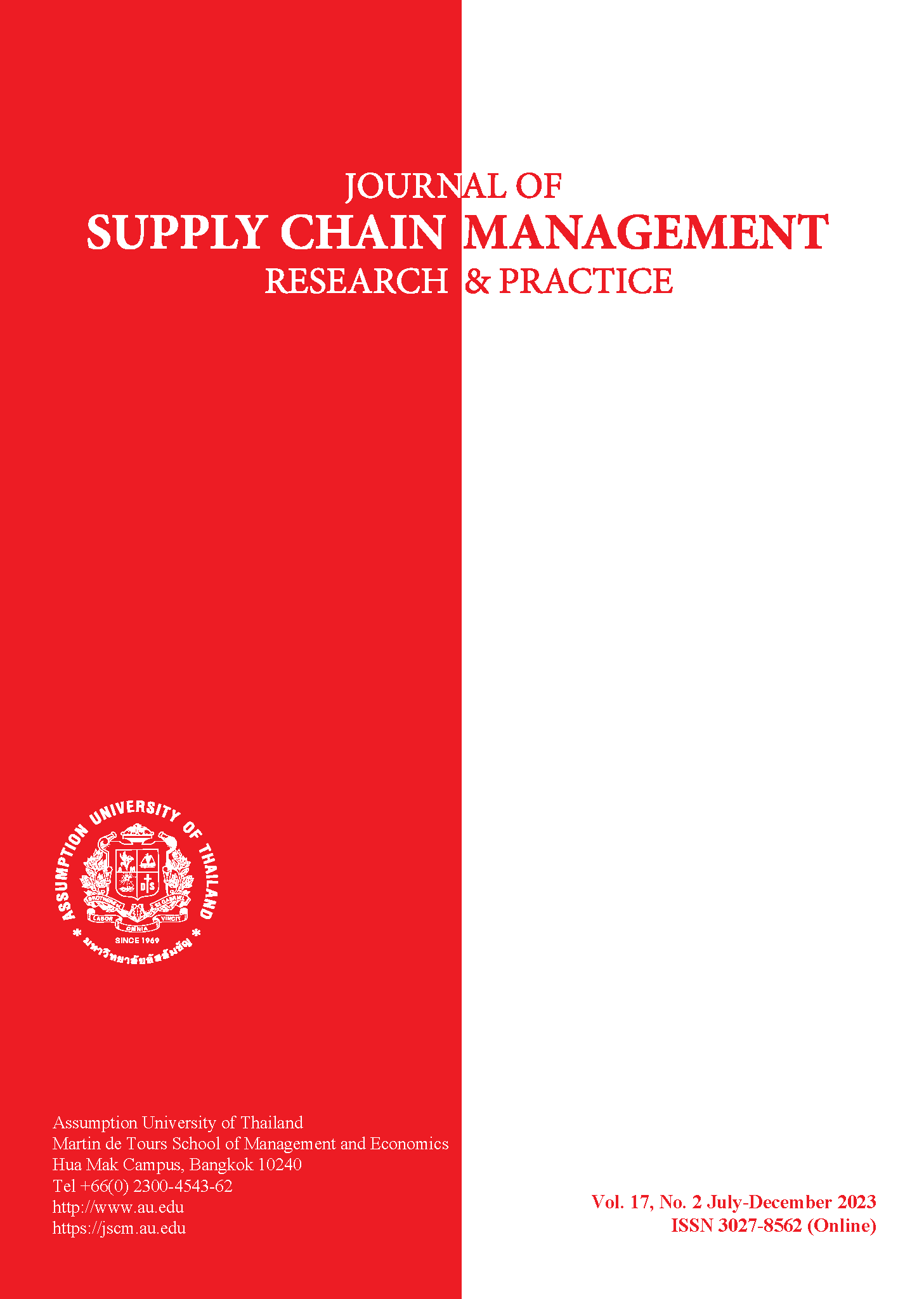DOES THE CONCEPT OF 'NEARPORTING' PROVIDE A PATHWAY TO BETTER LOGISTICS SUSTAINABILITY?
Abstract
Firms are looking for innovative solutions to become greener regarding their end-to-end supply chain emissions without incurring additional costs. This paper discusses one such solution through a simple concept of ‘nearporting’, which is the explicit decision to use the nearest port of loading/discharging of cargo to reduce the overall amount of CO2 and other emissions. This paper’s empirical study has modeled data supplied by a major UK third-party logistics service provider comparing actual shipments to what could be achieved if a nearporting strategy was used. Actual shipment data using origin and destination postcodes were analysed to calculate the reduction in road freight mileage and related reduction in CO2 emissions against additional nautical miles travelled which may termper some of the savings, but overall it was found that substantial savings would be achieved.


